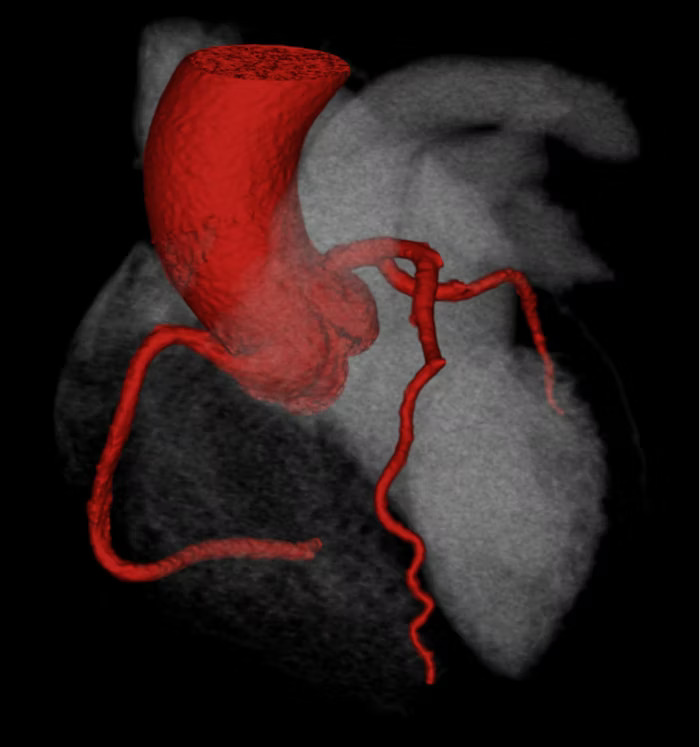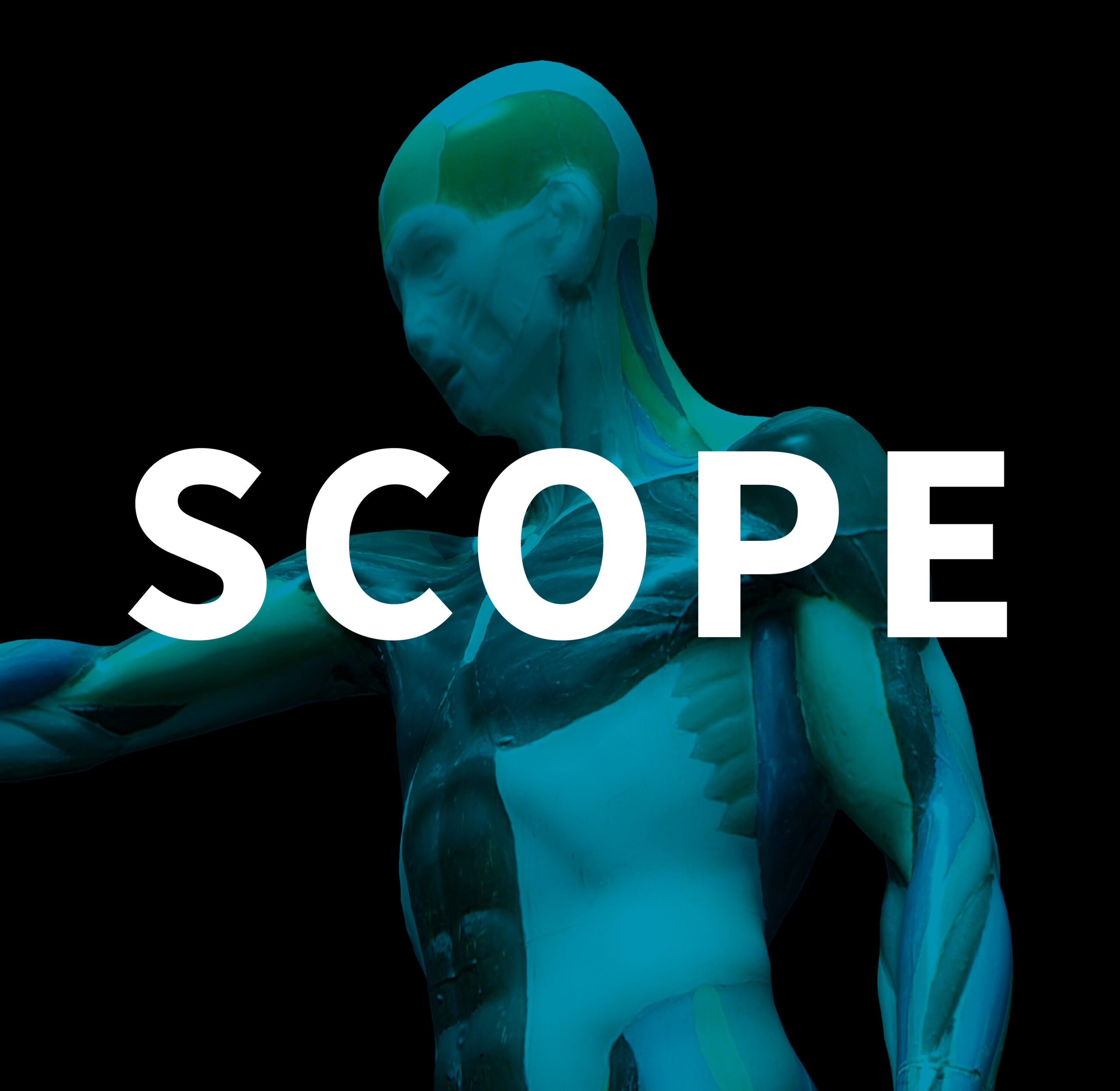 The SCOT-HEART trial began in 2009, targeting a pivotal question in cardiovascular health: could computed tomography (CT) coronary angiography improve the diagnosis and management of heart disease in patients presenting with symptoms suggesting they might have this condition?
The SCOT-HEART trial began in 2009, targeting a pivotal question in cardiovascular health: could computed tomography (CT) coronary angiography improve the diagnosis and management of heart disease in patients presenting with symptoms suggesting they might have this condition?
Over a decade later, the findings from this research have not only changed practices in the UK but across the globe, setting new standards for managing heart health.
The trial was structured based on the understanding that while CT scans provide an excellent visualisation of the heart’s blood vessels, the standard approach to assessing suspected heart disease relied heavily on risk scores and clinical examinations.
These methods, although useful, led to many patients undergoing invasive procedures that they might not need or failing to identify those at risk early enough.

Professor Michelle Williams
Prof Michelle Williams, who joined the SCOT-HEART team during her PhD studies, explains: “We saw a critical need to investigate whether we could improve patient assessment.”
The findings were striking – CT-guided management changed the diagnoses in about a quarter of the patients, influencing treatments and significantly reducing heart attacks. The initial outcomes were promising enough to warrant a longer follow-up.
“Heart disease doesn’t just affect an individual once; it’s a lifelong condition,” says Prof Williams.
This foresight led to a ten year evaluation, confirming the enduring benefits of CT-guided management with a continued decrease in heart attacks among patients. The results of this evaluation have just been published in the Lancet.
Building on the success of the first SCOT-HEART trial, a second trial, SCOT-HEART 2, is currently underway. This new phase aims to enrol individuals who are asymptomatic but have risk factors for heart disease.
“Many heart attacks occur without prior symptoms. Early identification and preventive treatment could save countless lives,” Williams highlights.
She concludes: “The SCOT-HEART trial has had a major impact on how we manage patients with heart disease, both in the UK and around the world. It has been a privilege to be part of this groundbreaking trial. SCOT-HEART exemplifies the significant impact that research conducted in Scotland can have on advancing patient care and improving healthcare outcomes.”
Related links
The Lancet report on the SCOT HEART trial
How to get involved in the SCOT-HEART 2 trial (Edinburgh Clinical Trials website)


